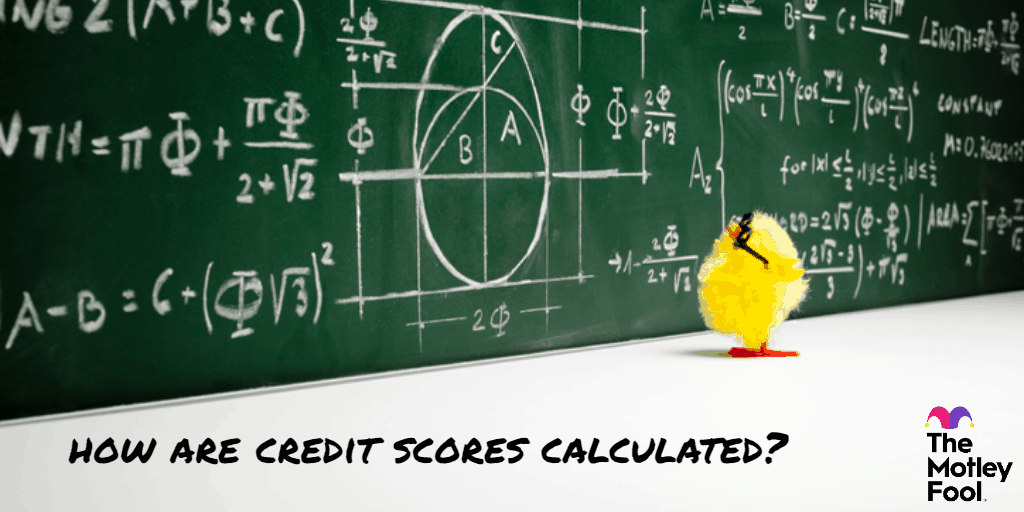A credit score is a three-digit number that tells lenders how well you handle credit. Though Canada’s two major credit bureaus, Equifax and Transunion, are silent on their exact scoring methods, we know they look at five main aspects of your crediting activities. Whether you’re Warren Buffett or a grad student with one cashback credit card, here are the five main things that influence your credit score calculation.
Payment history (35%)
Payment history is arguably the most important part of your credit score, which is why it makes up a whopping 35%. In essence, payment history measures how frequently you’ve paid back loans and credit on time. This includes not just credit cards, but any form of borrowing, from installment loans to mortgages to personal lines of credit.
If you were late on payments or you missed them completely, you’ll see a reduction in this part of your score. Typically, your payment history will tell lenders how late you were on the payment, how much you owe, and how frequently you’ve been late (or missed) payments.
Since payment history makes up such a large part of your credit score, you’ll want to keep this part exceptionally strong. To do that, always pay your bills on time and stay on top of missed payments. One missed payment won’t crush your score, but several missed payments can knock it down significantly.
Credit utilization (30%)
Your credit utilization ratio measures how much credit you’re using versus how much credit you’ve been extended. For example, let’s say you have five credit cards with a total of $10,000 in credit limits. Let’s also say across all five credit cards, you’re currently borrowing $2,000. In this case, your credit utilization is 20% ($2,000/$10,000), which is a really good ratio.
Credit utilization is important because it gives lenders a clear picture of your risk. When your credit utilization is low, your profile is that of a safe borrower. You’re more likely to pay back your low debt, and you’ll see a high score in this area. On the other hand, if you push your credit utilization to the max, you might be overextending yourself. The likelihood of you paying back your debts gets smaller, and credit bureaus will throw up a red flag with a lower score.
To keep this part of your score high, aim to use less than 30% of your total credit. This shows lenders you’re not overextending yourself and can prevent you from taking on more debt than you can reasonably afford.
Credit history (15%)
Credit history measures how long you’ve been using credit. It takes into account the ages of your oldest and youngest credit accounts, as well as the average age of all your accounts combined. To improve this part of your score, you’ll need some time on your side. This could mean keeping your first credit card account open, even if you use the card for small purchases.
Public records (10%)
While public records may take up a small portion, it’s extremely important in your credit score calculation. Basically, the public records portion takes into account how many bankruptcies or public judgments you’ve had in the past. Given that a public record can negatively impact your credit score for seven to ten years, you’ll want to do everything you can to avoid them.
Hard inquires (10%)
Anytime you apply for a loan or credit card, your lender will request to see your credit. These requests, which are called “hard pulls” or “hard hits,” will then have a direct impact on your credit score. Having one or two hard inquiries in a year won’t have a major impact. But if you have numerous hard inquiries, it could be a sign of financial hardship.
To keep this part of your score high, limit your credit card or loan application. Even if you’re trying to get several rewards cards or cashback cards as a part of a bigger rewards strategy, space out your applications.
Foolish bottom line on credit score calculations
Understanding how your credit score is calculated is super important, as it can help you identify the habits and practices you need to improve your score. In general, as long as you pay your bills on time, keep your credit utilization low, and don’t apply for too many credit cards at once, you should see a fairly high score.
Some offers on The Motley Fool are from our partners — it’s part of how we make money and keep this site going. But does that impact our reviews? Nope. Our commitment is to you. If a product isn’t any good, our review will reflect that, or we won’t list it at all. Also, while we aim to feature the best products available, we do not review every product on the market.
